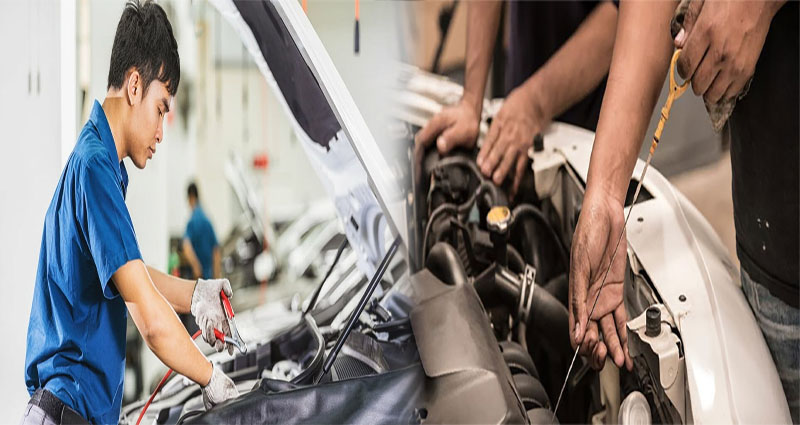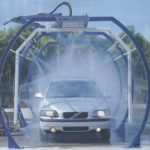As an expert automotive technician, staying on top of performing routine maintenance and tune-ups is essential to ensure the optimal performance and longevity of vehicles. These tasks not only help in preventing major breakdowns but also help in identifying and addressing potential issues before they escalate into costly repairs. In this article, we will delve into the importance of performing routine maintenance and tune-ups and highlight the key tasks involved for expert automotive technicians.
Importance of Routine Maintenance and Tune-Ups
Routine maintenance and tune-ups play a crucial role in keeping vehicles running smoothly and efficiently. By adhering to a regular maintenance schedule, expert automotive technicians can conduct preventative measures that help in enhancing the overall performance of the vehicle and extend its lifespan. Moreover, routine maintenance helps in preserving the safety of the driver, passengers, and other motorists on the road by ensuring that critical components are in optimal condition.
Tasks Involved in Routine Maintenance and Tune-Ups
1. Oil Changes
Regular oil changes are vital for maintaining the health of an engine. Expert automotive technicians should perform oil changes at recommended intervals using high-quality oil to ensure proper lubrication and cooling of the engine components.
2. Filter Replacements
Air, fuel, and oil filters need to be replaced regularly to prevent contaminants from entering the engine and causing damage. Expert automotive technicians should inspect and replace filters as part of routine maintenance.
3. Spark Plug Inspection and Replacement
Checking and replacing spark plugs are essential for maintaining fuel efficiency and optimal engine performance. Expert automotive technicians should inspect spark plugs for wear and replace them when necessary.
4. Fluid Checks and Top-Ups
From brake fluid to coolant, expert automotive technicians should regularly check fluid levels and top them up as needed. Proper fluid levels are crucial for the smooth operation of various vehicle systems.
5. Belt and Hose Inspections
Belts and hoses play a critical role in the functioning of the engine and other components. Expert automotive technicians should inspect belts and hoses for signs of wear and tear and replace them to prevent failure.
6. Battery Testing and Maintenance
Regular battery testing and maintenance are essential to ensure reliable starting power for the vehicle. Expert automotive technicians should check the battery’s condition, terminals, and connections as part of routine maintenance.
Performing routine maintenance and tune-ups are integral tasks for expert automotive technicians to uphold the performance, reliability, and safety of vehicles. By staying proactive and attentive to maintenance schedules, automotive technicians can identify issues early on and address them efficiently, ultimately prolonging the lifespan of the vehicle. Remember, regular maintenance is not only a good practice but a crucial responsibility for every expert automotive technician.










